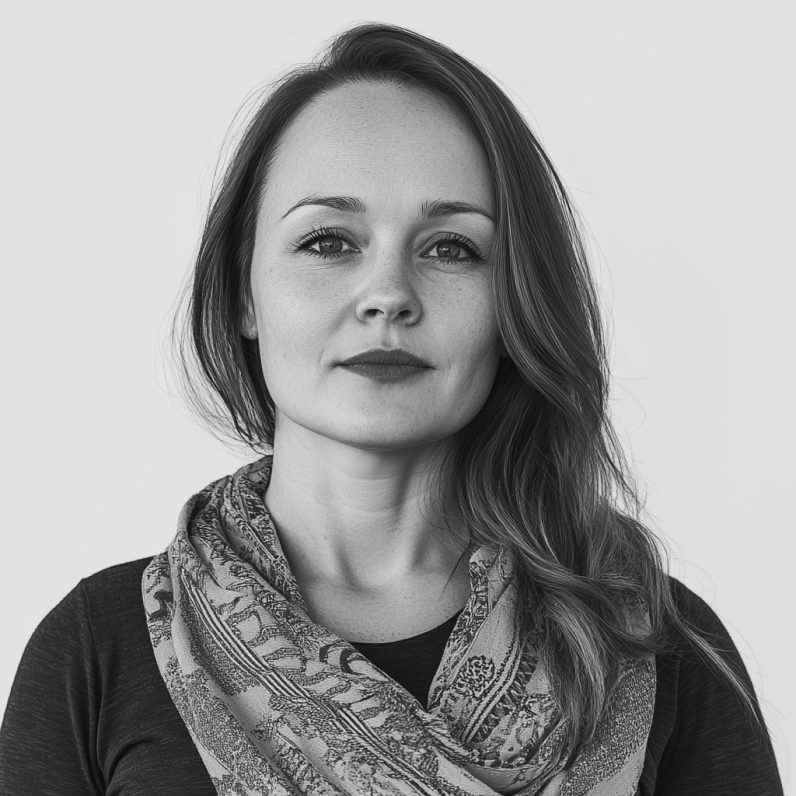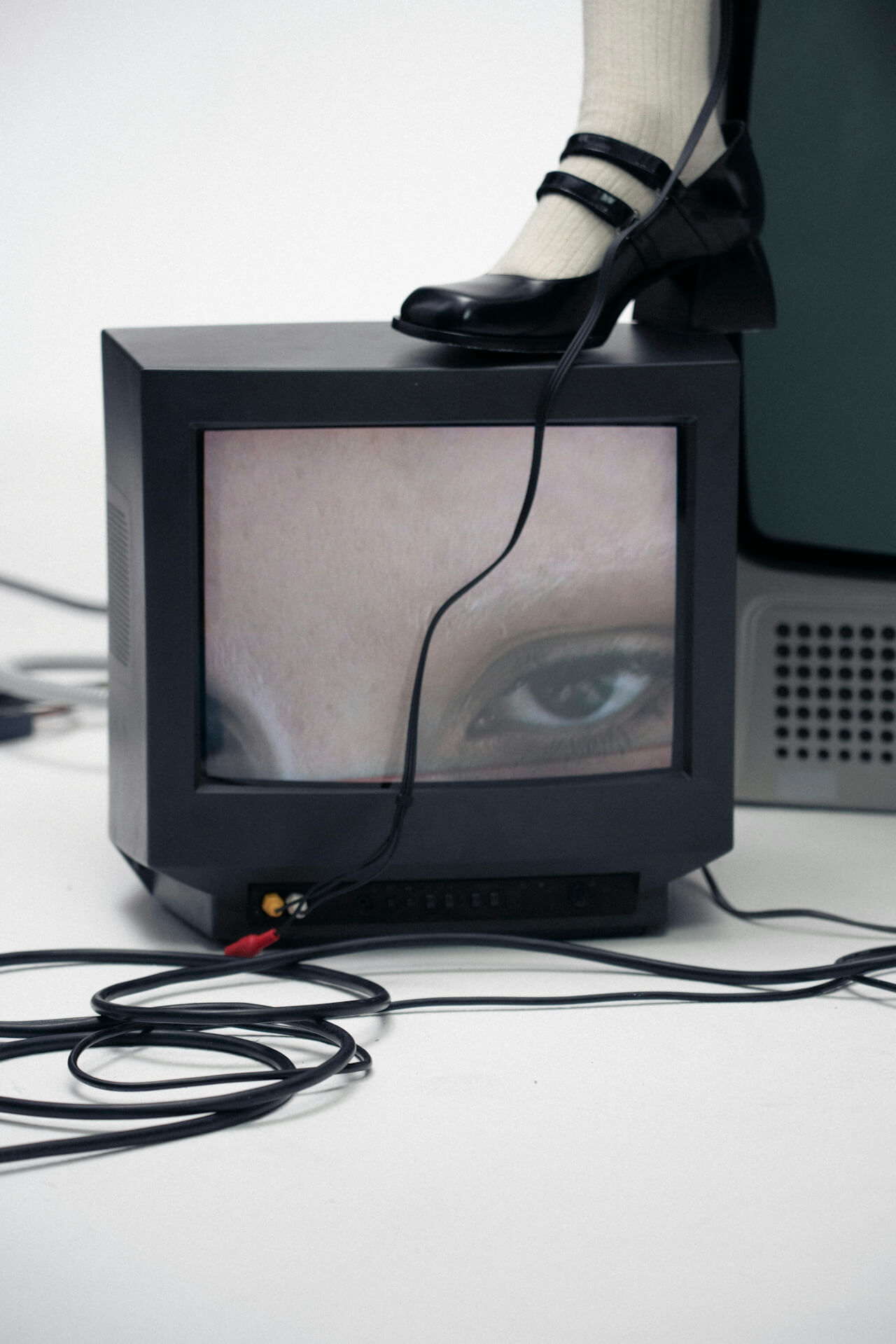I was having drinks with an agency founder last week who asked me the question everyone's asking: "How do we stand out when everyone looks the same?" He wasn't wrong. Scroll through any creative directory and you'll see the same sans-serif typography, the same motion graphics, the same case studies featuring the same tech clients. The sameness is suffocating.
The truth is, your agency positioning strategy for 2026 isn't about following what works today. It's about anticipating what clients will need when they're drowning in AI-generated options and craving something irreplaceably human.
Here's what I'm seeing: the agencies that will thrive aren't the ones perfecting their Dribbble aesthetic. They're the ones building intellectual property around specific transformation challenges. Think less "we do branding" and more "we help climate tech companies translate complex science into consumer desire."
"The most valuable thing we've done is say no to 80% of the work that comes our way".
The Death of the Generalist
Remember when being a "full-service agency" was the dream? That's dead. The generalist agency positioning strategy is becoming as outdated as Flash websites. Clients don't need another team that can "do everything." They need partners who've solved their exact problem seventeen times before.
Look at what Pentagram has quietly been doing—not competing on trendy work, but doubling down on cultural institutions and legacy brands. They're not chasing every DTC startup; they're becoming irreplaceable to a specific type of client who values craft and history.
The smartest agencies are picking their mountain and climbing it obsessively. One studio I know only works with B2B SaaS companies making the leap from product-led to sales-led growth. Narrow? Absolutely. Booked solid through 2026? Also absolutely.
Building Your Intellectual Moat
Every agency has a process. Few have a philosophy. Fewer still have proprietary thinking that clients can't get anywhere else. Your agency positioning strategy should center on building intellectual property that compounds over time.
I'm watching agencies develop their own frameworks, methodologies, even their own software tools. One Barcelona studio created an entire scoring system for brand elasticity. Another in Copenhagen built a database of 10,000 brand voice samples to train their strategy. This isn't just differentiation—it's building assets that appreciate.
"The agencies that win tomorrow won't compete on output quality—AI will commoditize that. They'll compete on judgment, taste, and the ability to navigate ambiguity."
Studios like Metabrand are exploring how identity evolves at the intersection of design and technology, creating new languages for brands that didn't exist five years ago. This kind of forward-thinking positioning isn't about predicting trends—it's about creating them.
The New Value Equation
Clients used to buy time and talent. Now they're buying transformation and certainty. The shift changes everything about how you position and price your work.
Stop selling design. Start selling outcomes. One agency I advise completely restructured their engagements around business milestones rather than deliverables. Their average project value tripled, but more importantly, their client relationships transformed from vendor to advisor.
Your agency positioning strategy needs to answer one question: what expensive problem do you solve that keeps CEOs up at night? If you're still talking about beautiful design and seamless user experiences, you're having the wrong conversation.
The Human Premium
Here's the counterintuitive part: as AI tools become more sophisticated, the value of human creativity increases, not decreases. But only if you're doing the work AI can't—making leaps, taking risks, understanding context that isn't in any dataset.
I see agencies making the mistake of trying to out-efficiency the machines. That's a losing game. Instead, lean into what's messy, complex, and deeply human. The ability to sit with a founder and decode their vision. The judgment to know when a brand should zig while everyone else zags. The courage to tell a client their problem isn't what they think it is.
The agencies that matter in 2026 won't be the ones with the best tools or the fastest turnaround. They'll be the ones with the strongest point of view, the deepest expertise, and the confidence to charge for thinking, not just making. The landscape is changing faster than ever, but the fundamentals remain: solve real problems, create genuine value, and never stop evolving your own story.









